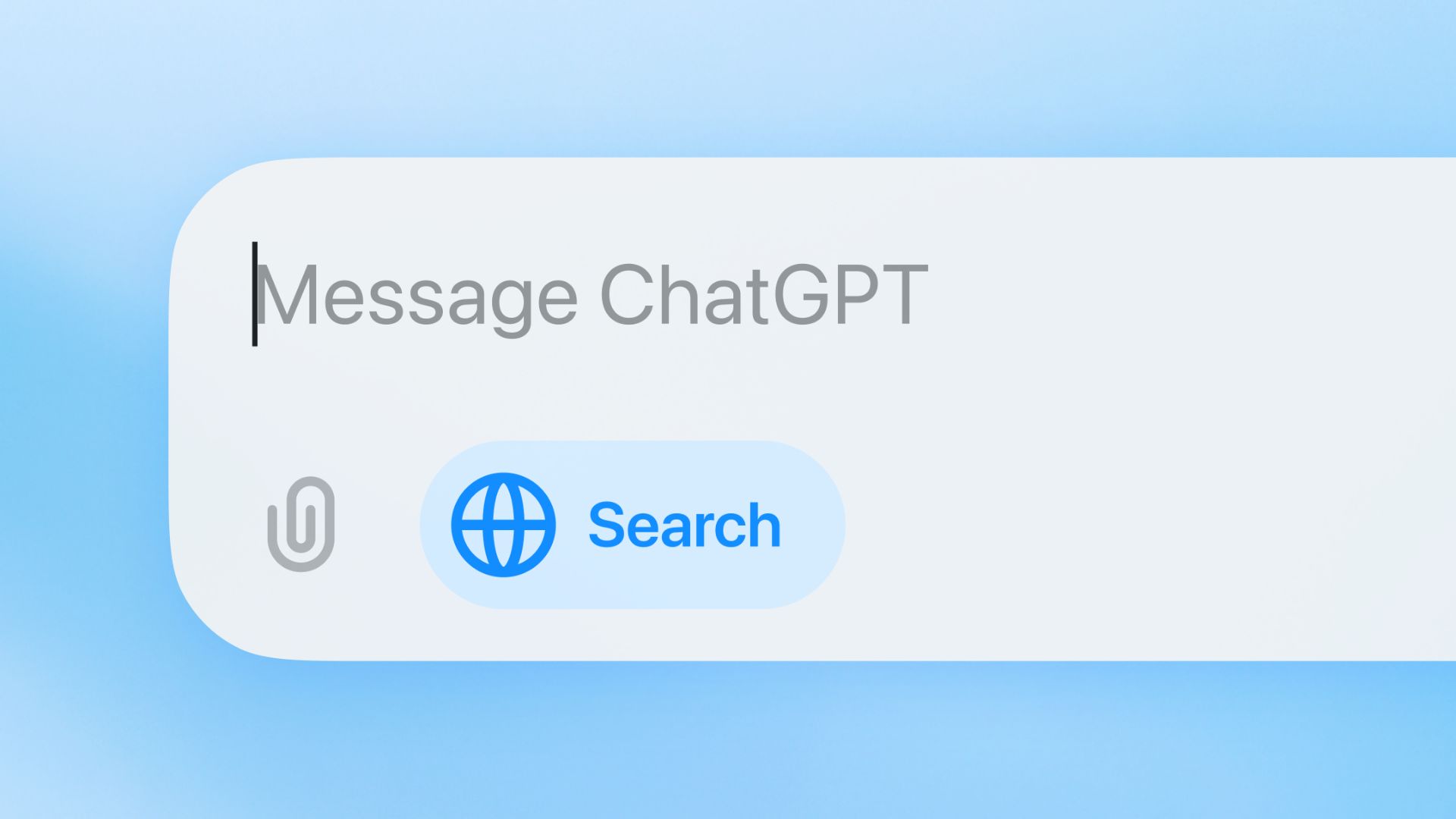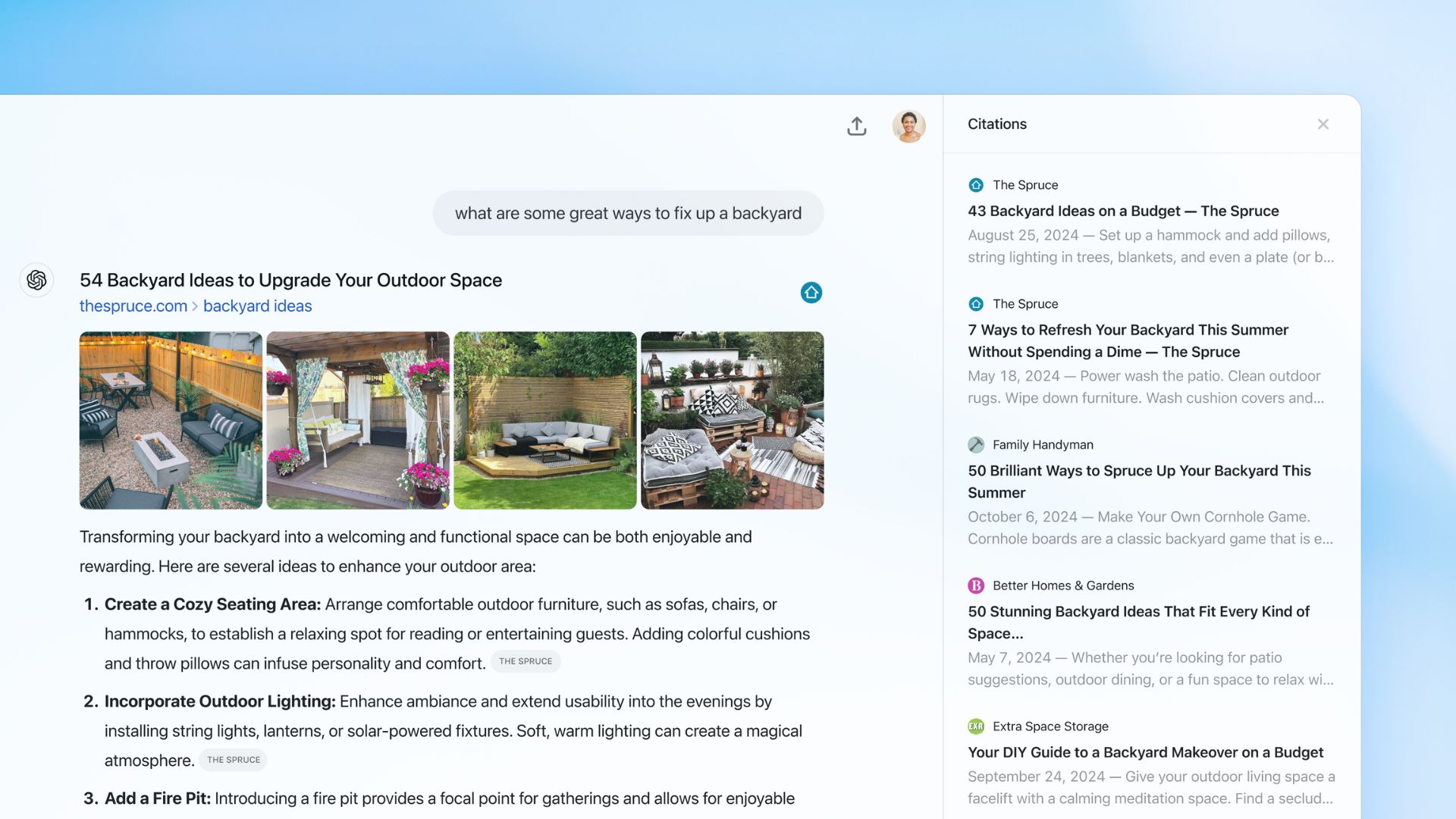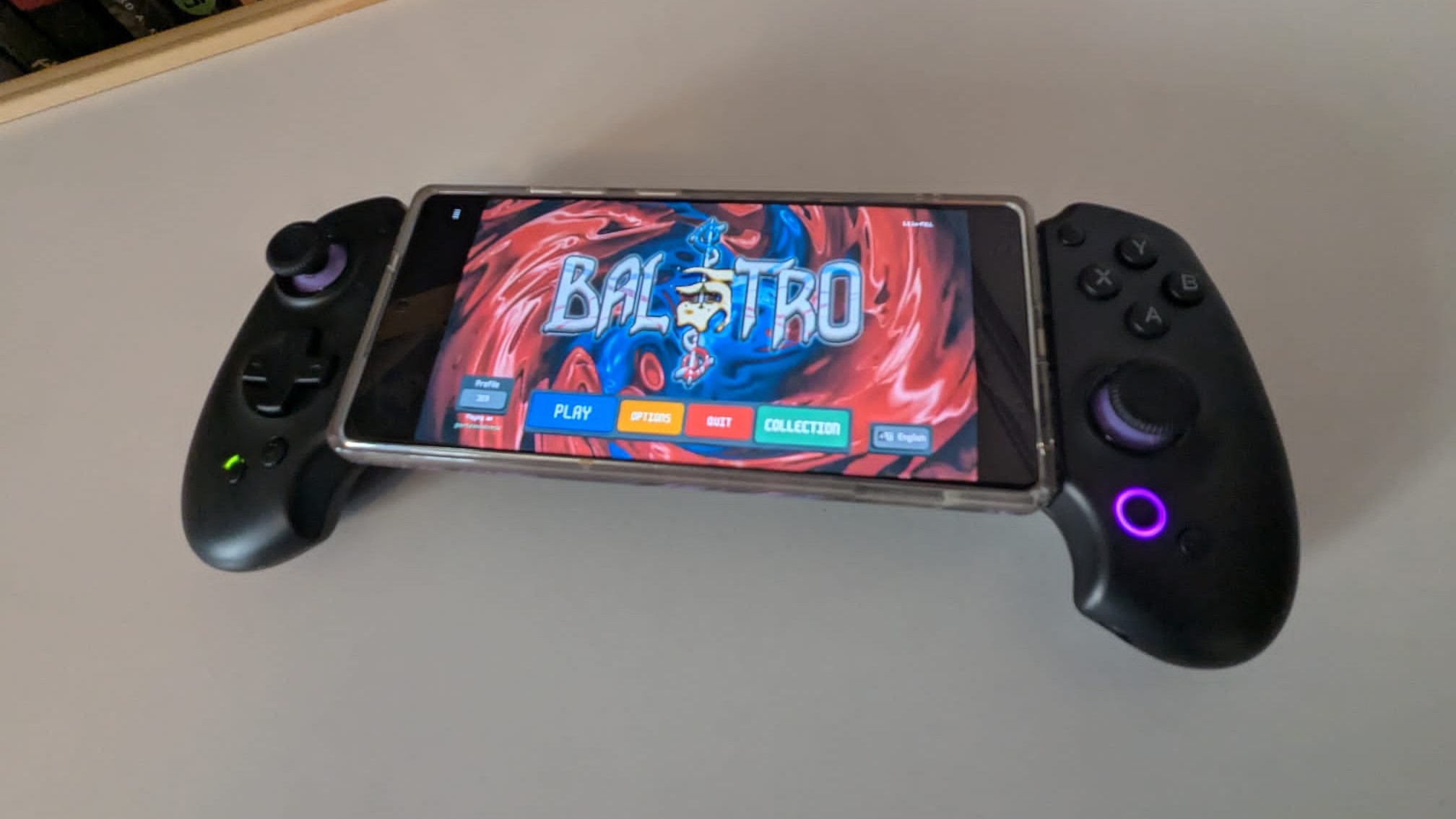OpenAI's new 'Google killer' feature is Sam Altman's favorite since ChatGPT shipped: "It has probably doubled my usage over the past few weeks"
OpenAI recently launched ChatGPT search to compete with Google by providing fast, clear, and direct answers to queries featuring relevant web sources.

What you need to know
- OpenAI recently launched ChatGPT search — a fine-tuned version of GPT-4o, post-trained using novel synthetic data generation techniques.
- The search tool is based on feedback from OpenAI's temporary prototype search tool, SearchGPT. The ChatGPT maker plans to enhance its user experience, especially in the shopping and travel categories.
- The tool shipped globally to Plus and Team users, meaning you'll need $20 monthly to access it.
There have been rumors of OpenAI dabbling in the search landscape to give Google and Bing a run for their money. In July, the ChatGPT maker launched SearchGPT, a temporary prototype AI search tool that delivers timely responses to queries with clear and relevant sources.
The temporary prototype tool has garnered considerable interest among users. Google was recently ruled as an illegal monopoly in search, prompting regulation to foster fair competition in the landscape. While the tech giant awaits regulation measures for its search service, a former Google engineer claimed that the company may have bigger fish to fry with OpenAI's temporary search tool, already branded as a "Google Killer."
Now, OpenAI has launched ChatGPT search. Users can now use ChatGPT to search the web "in a much better way than before." Like SearchGPT, it promises fast, clear, and direct answers to queries with relevant web sources. OpenAI CEO Sam Altman indicated, "There is room to make search much better than it is today" while launching SearchGPT.
search is my favorite feature we have launched in chatgpt since the original the launch!it has probably doubled my usage over the past few weeks. https://t.co/alD11AwUUbOctober 31, 2024
According to OpenAI:
"For many people, finding useful answers online often takes multiple searches and sifting through links. You can now ask ChatGPT in a natural, conversational way, pulling relevant information from the web and using the full context of your chat to provide better answers."
How does ChatGPT search work?

For context, OpenIA's new search model is "a fine-tuned version of GPT-4o, post-trained using novel synthetic data generation techniques, including distilling outputs from OpenAI o1-preview." The tool uses third-party search providers and content provided directly by OpenAI's partners for its answers.
The search model is based on feedback from the SearchGPT prototype, which means it brings the best SearchGPT experiences to ChatGPT. OpenAI has highlighted its plans to improve ChatGPT search's user experience, especially in shopping and travel. There are also plans to leverage its flagship OpenAI o1 series of AI models for deep research.
Get the Windows Central Newsletter
All the latest news, reviews, and guides for Windows and Xbox diehards.
OpenAI says the integration of search into ChatGPT's chat interface creates a new way for users to interact with information. At the same time, the experience promises a broader audience for content creators, including publishers and authors, as the search results will feature highlighted links to the source.
According to OpenAI:
"We've partnered with news and data providers to offer even more up-to-date information and new visual designs for categories like weather, stocks, sports, and news."
To this end, the new search experience is exclusively rolling out to ChatGPT search Plus and Team users worldwide. You'll need a $20 subscription plan to access it. ChatGPT search is expected to roll out to Enterprise and Edu in the next few weeks. And finally, it'll ship to Free users over the next few months.
🎃The best early Black Friday deals🦃
- 🎮Lenovo Legion Go (512GB) | $499.99 at Best Buy (Save $200!)
- 🖥️ABS Cyclone Desktop (RTX 4060) | $1,099.99 at Newegg (Save $400!)
- 💻ASUS ROG Zephyrus G14 (RTX 4060) | $1,249.99 at Best Buy (Save $350!)
- 📺HP Omen 27qs (QHD, 240Hz) | $349.99 at Best Buy (Save $80!)
- 🔊2.1ch Soundbar for TVs & Monitors | $44.99 at Walmart (Save $55!)
- 🎧Sennheiser Momentum 4 ANC | $274.95 at Amazon (Save $125!)
- 📺LG C4 OLED 4K TV (42-inches) | $999.99 at Best Buy (Save $400!)

Kevin Okemwa is a seasoned tech journalist based in Nairobi, Kenya with lots of experience covering the latest trends and developments in the industry at Windows Central. With a passion for innovation and a keen eye for detail, he has written for leading publications such as OnMSFT, MakeUseOf, and Windows Report, providing insightful analysis and breaking news on everything revolving around the Microsoft ecosystem. While AFK and not busy following the ever-emerging trends in tech, you can find him exploring the world or listening to music.
